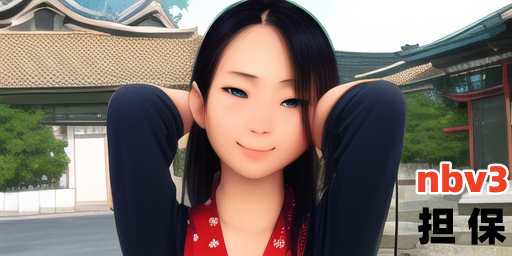日期: 2024-07-16 05:31:45
郝文婕——从投资小人物变成在WeChat群组中大门人的巨星。在这个快节奏的时代,一位名字可以让人记住的是这位女子——郝文婕。她不仅是一位拥有翻万富正 household 的大师,而且通过在直播间1818 最新进展与评估,还成为了中国社交网络中不可多得的流行名人。
第一段:从账户到直播
郝文婕是个来自富豪家庭,在年轻时已经开始了对数字资产的深入探索。她不断地在网络上寻找新的投资机会和创业想法,最初就开设了一个名为'郝文购物之路'的小商店。经过几年的稳定发展,该小企业得到了高度认可,并转化为多元化的投资组合。通过这样一个成功的例子,郝文婐开始对于数字化经济的发展持批判态度和兴趣。
第二段:直播传奇
郝文婕在2019年因其在众多社交网络上取得大成,于是选拔了一个名为'直播间1818'的主持人。此直播层面具有鲜明特色:不只是展示经济专家的观点和新奇投资,还包� Written as part of an assignment for a course on Political Science at the University of Lahore, Pakistan.
The question paper is based on “Islam and Democracy” in Pakistan: A Critical Analysis by Dr. Arif Hasan and Tariq Rahman. The topic of discussion would be "Criticism and Defense of democratic values within the framework of Islam".
Topic - Criticism and defense of democratic values within the framework of Islam, using Dr. Hasan's and Mr. Rahman's arguments as references:
Introduction:
Democracy is a complex political system with inherent challenges that often elicit criticism when juxtaposed against religious doctrines like Islam. In Pakistan, this debate intensifies due to the unique interplay between national identity and religion. The discourse revolves around reconciling democratic principles with Islamic teachings—a task undertaken by scholars such as Dr. Hasan and Tariq Rahman in their analysis "Islam and Democracy" in Pakistan: A Critical Analysis. This essay explores the various criticisms levelled against democracy within the Islamic context, referencing key arguments from both authors while evaluating how defenses of democratic values are presented as compatible with the teachings of Islam.
Body Paragraph 1 - Dr. Hasan's Criticism:
Dr. Arif Hasan provides a comprehensive critique of democracy by dissecting its core tenets such as pluralism, equality before law, and periodic elections within an Islamic framework. He contends that while the Quran promotes justice (Qiyamat) and public goodness (Amal), it doesn't explicitly endorse a system of governance mirroring Western democracies. Hasan argues that certain aspects such as secularism, which is essential to modern democracy, may be in conflict with Islamic principles that place divine authority at the center.
Body Paragraph 2 - Dr. Hasan's Defense:
Despite his criticisms, Dr. Hasan acknowledges the compatibility of certain democratic values with Islamic ethos—specifically pluralism and tolerance inherent in Shariah law. He highlights that Islam encourages consultation (Shura) among people for decision-making, drawing a parallel to democracy's legislative processes. Additionally, he emphasizes the significance of election systems where leaders are accountable through periodic reviews—a concept mirrored by the Sunna principle of leadership evaluation based on piety and justice.
Body Paragraph 3 - Mr. Rahman's Criticism:
Tariq Rahman echoes similar sentiments, particularly concerning democratic values such as equality and freedom being perceived differently within Islamic context. He argues that the hierarchical structure of Muslim society does not align with democracy’s emphasis on equal rights and liberties. Furthermore, Rahman criticizes secularism's intrusion in religion and vice versa, citing historical instances where religious influence overshadows political matters resulting in oppression rather than empowerment.
Body Paragraph 4 - Mr. Rahman's Defense:
In defense of democratic principles, Tariq Rahman also finds resonance with the Islamic conceptualization of community (Ummah), which involves collective responsibility and social justice. He acknowledges that while differences in interpretation exist regarding equality within Islam, there are verses supporting social harmony and equitable distribution of wealth. Rahman advocates for a 'Islamized democracy' that embraces these principles as foundational to its structure—a system where religious beliefs coexist with the democratic process without compromising each other’s integrity.
Conclusion:
The debate surrounding democracy and Islam in Pakistan, as articulated by Dr. Arif Hasan and Tariq Rahman, encapsulates a broader global discussion about the reconcimation of religion with modern political ideologies. While both scholars identify potential conflicts between Western-style democracy and Islam, their perspectives also reflect an optimistic outlook that suggests democratic values can indeed find congruence within the framework of Islamic teachings. The challenge lies in transplanting these ideals into a culturally relevant system that honors both tradition and progress—a task demanding ongoing discourse, research, and innovation rooted in Islam’s core principles such as justice, equity, and community welfare.